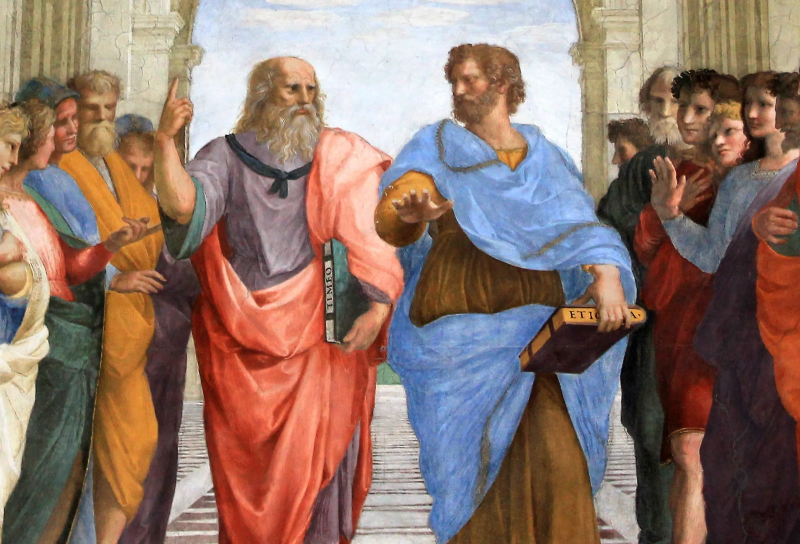"Is Virtue a Great Prudential Good?", Brad Cokelet
"Is Virtue a Great Prudential Good?", Brad Cokelet
Abstract:
Ancient virtue-focused philosophers such as Aristotle and Mencius are often taken to suggest that human virtue is necessary for high levels of human well-being, and that less-than-virtuous people would benefit from becoming more virtuous, but contemporary moral philosophers remain unconvinced. Contemporary theorists of well-being, such as Hooker, Haybron, and Dorsey, argue that virtue is not an especially great, objective, or intrinsic source of increased well-being. Neo-Aristotelians, such as Annas and Brewer, suggest that we should ignore or sideline questions about the well-being benefits or costs of virtue, and instead focus on virtue's contribution to the good life or to living well. In this paper, I critique the well-being theorists' skeptical arguments, introduce a modernized Confucian argument for virtue's significant prudential value, and defend the philosophic importance of questions about the benefits and costs of cultivating and embodying virtue.
